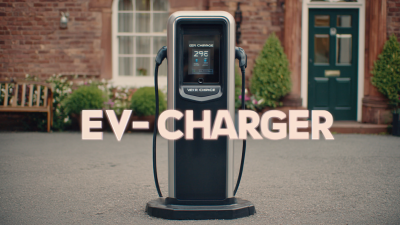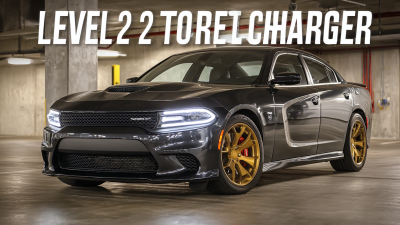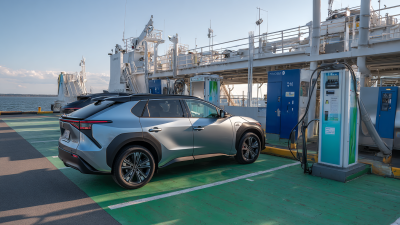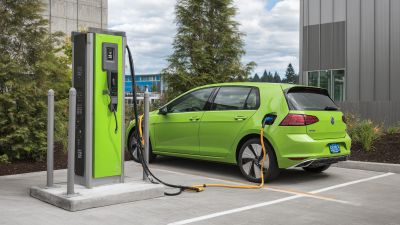As electric vehicles (EVs) continue to gain popularity, the demand for efficient and reliable charging solutions becomes increasingly critical. Among the various options available, the Level 2 Car Charger stands out as a favored choice for EV owners seeking a balance between charging speed and convenience. This guide aims to provide valuable insights into selecting the best Level 2 Car Charger for your electric vehicle, drawing on industry data and trends projected for 2025.
Choosing the right Level 2 Car Charger involves understanding not only the technical specifications but also considering factors such as installation requirements, charging speed, and compatibility with your specific vehicle model. With advancements in charging technology and a growing market of diverse products, navigating this landscape can be daunting. This outline will delve into essential elements to consider, offering a comprehensive perspective that empowers EV owners to make informed decisions while equipping them for the future of sustainable transportation. Whether you're a new EV owner or looking to upgrade your charging station, understanding the nuances of Level 2 Car Chargers will ensure you optimize your electric vehicle experience.
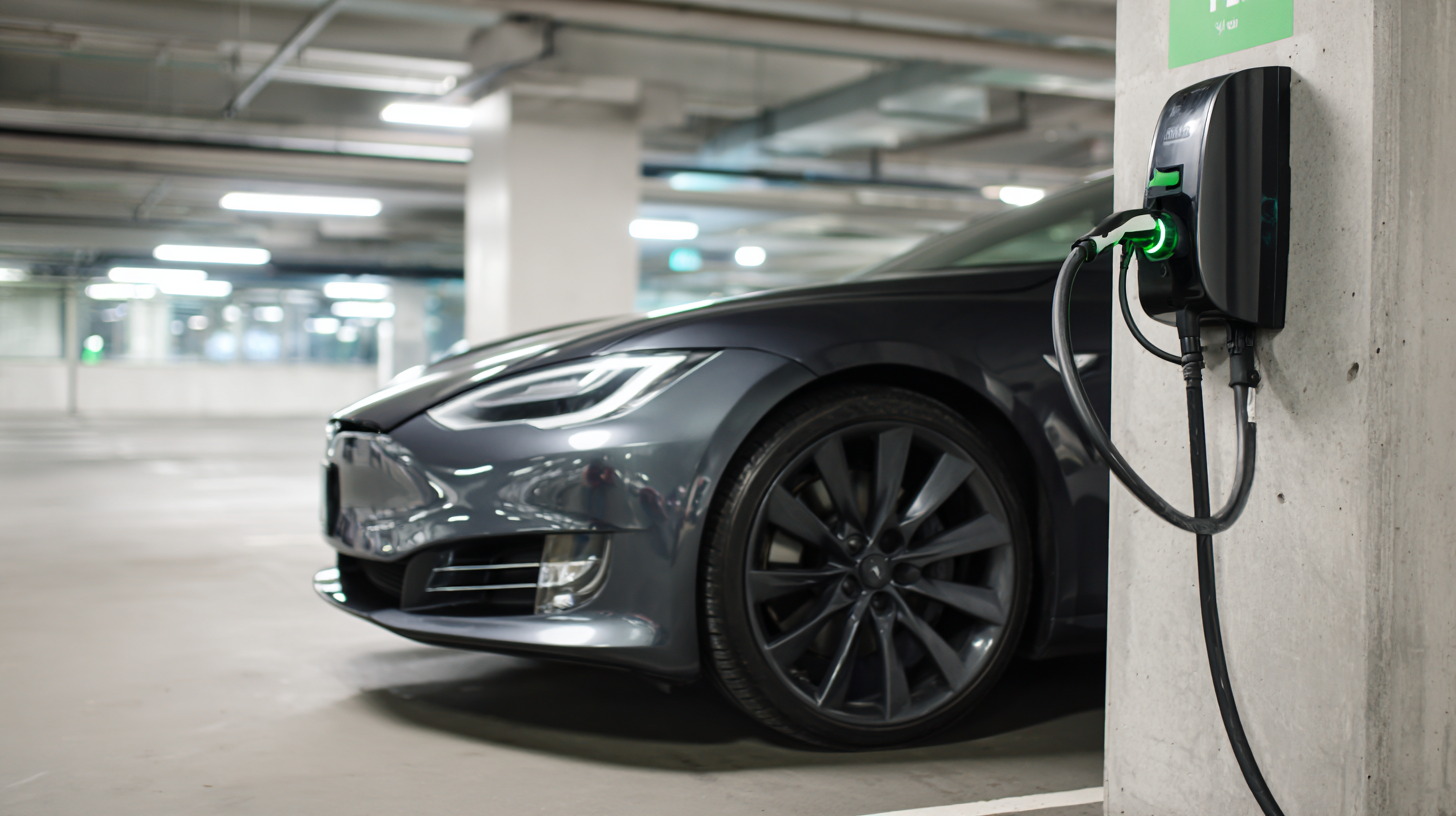
 Level 2 chargers significantly enhance the efficiency of electric vehicle (EV) charging compared to Level 1 options. While Level 1 chargers typically deliver about 120 volts and can take over 12 hours to fully charge an EV, Level 2 chargers, operating at 240 volts, can replenish battery life in a matter of hours, making them ideal for daily use. This efficiency is crucial for EV owners who rely on their vehicles for long commutes or frequent trips. By shortening charging times, Level 2 chargers ensure convenience and reduce downtime.
Level 2 chargers significantly enhance the efficiency of electric vehicle (EV) charging compared to Level 1 options. While Level 1 chargers typically deliver about 120 volts and can take over 12 hours to fully charge an EV, Level 2 chargers, operating at 240 volts, can replenish battery life in a matter of hours, making them ideal for daily use. This efficiency is crucial for EV owners who rely on their vehicles for long commutes or frequent trips. By shortening charging times, Level 2 chargers ensure convenience and reduce downtime.
In addition to faster charging, Level 2 chargers often come equipped with advanced features that enhance user experience. Many models offer smart technology capabilities, such as scheduling, energy monitoring, and mobile app integration. This allows users to optimize charging during off-peak hours, potentially reducing electricity costs. Furthermore, with increasing availability of public Level 2 charging stations, EV owners can find opportunities to charge efficiently while on the go, thereby promoting greater adoption of electric vehicles. With these advantages, choosing a Level 2 charger becomes not just a matter of speed but also of overall user convenience and cost-effectiveness.
When evaluating Level 2 car chargers for electric vehicles (EVs), it is crucial to consider several key factors that directly impact charging speed and power output. Firstly, the power output, typically rated in kilowatts (kW), determines how quickly an EV can be charged. Level 2 chargers generally range from 3.3 kW to 19.2 kW, with higher outputs significantly reducing charging times. Users should assess their vehicle's compatibility with various power levels to ensure efficient usage.
Another important aspect is the charging speed, which is influenced by the charger's efficiency and the battery's capacity. For those utilizing renewable energy sources, integrating smart charging systems that manage energy flow can enhance operational efficiency while also contributing to grid stability. As electric vehicle adoption continues to surge, focusing on these factors will be essential for making informed decisions in the rapidly evolving charging infrastructure landscape. Proper assessment not only maximizes the performance of EVs but also aligns with broader sustainability goals.
| Charging Station Model | Power Output (kW) | Charging Speed (miles per hour) | Connector Type | Price Range ($) |
|---|---|---|---|---|
| Model A | 7.2 | 25 | Type 1 | 400 - 600 |
| Model B | 11.5 | 40 | Type 2 | 600 - 800 |
| Model C | 22 | 80 | Combo 1 | 800 - 1200 |
| Model D | 32 | 120 | Type 2 | 1200 - 1800 |
When selecting a Level 2 car charger for your electric vehicle (EV), understanding the industry standards and certifications is crucial for ensuring safety and efficiency. Level 2 chargers typically operate at 240 volts, enabling faster charging times compared to standard Level 1 chargers. To navigate the market effectively, look for chargers that meet the standards set by organizations such as the Underwriters Laboratories (UL) and the Society of Automotive Engineers (SAE). These certifications guarantee that the chargers have been rigorously tested for performance and safety, reducing risks to both the vehicle and the user.
Additionally, keep an eye out for Energy Star ratings, which indicate that a charger operates efficiently and meets environmental standards. Chargers with these certifications often come equipped with smart technology capable of optimizing charging schedules based on electricity rates and grid demand, providing further economic and environmental benefits. By ensuring that your Level 2 charger is certified, you not only safeguard your investment but also contribute to a more sustainable electric vehicle infrastructure.
When selecting a Level 2 car charger for your electric vehicle, it’s crucial to consider the pricing landscape to secure a cost-effective solution. The comparative pricing analysis reveals that a range of options is available, with various power outputs influencing the cost. Chargers that provide up to 150 kW typically offer a more affordable entry point, while those exceeding this power output tend to be pricier. Evaluating the market can lead to significant savings, making it necessary for consumers to compare features and performance in addition to price.
**Tips**: Before making a purchase, consider the total cost of ownership, which includes installation fees and operational costs. It's also beneficial to check for local incentives or rebates for installing electric vehicle chargers. Finally, examine the charger’s compatibility with your vehicle and the availability of customer support services.
In addition to pricing, understanding the connector types—such as NACS, CCS, and CHAdeMO—is essential for ensuring compatibility with different EV models. This knowledge can help buyers make informed decisions and avoid potential compatibility issues, further enhancing the value of their investment in a Level 2 charger.
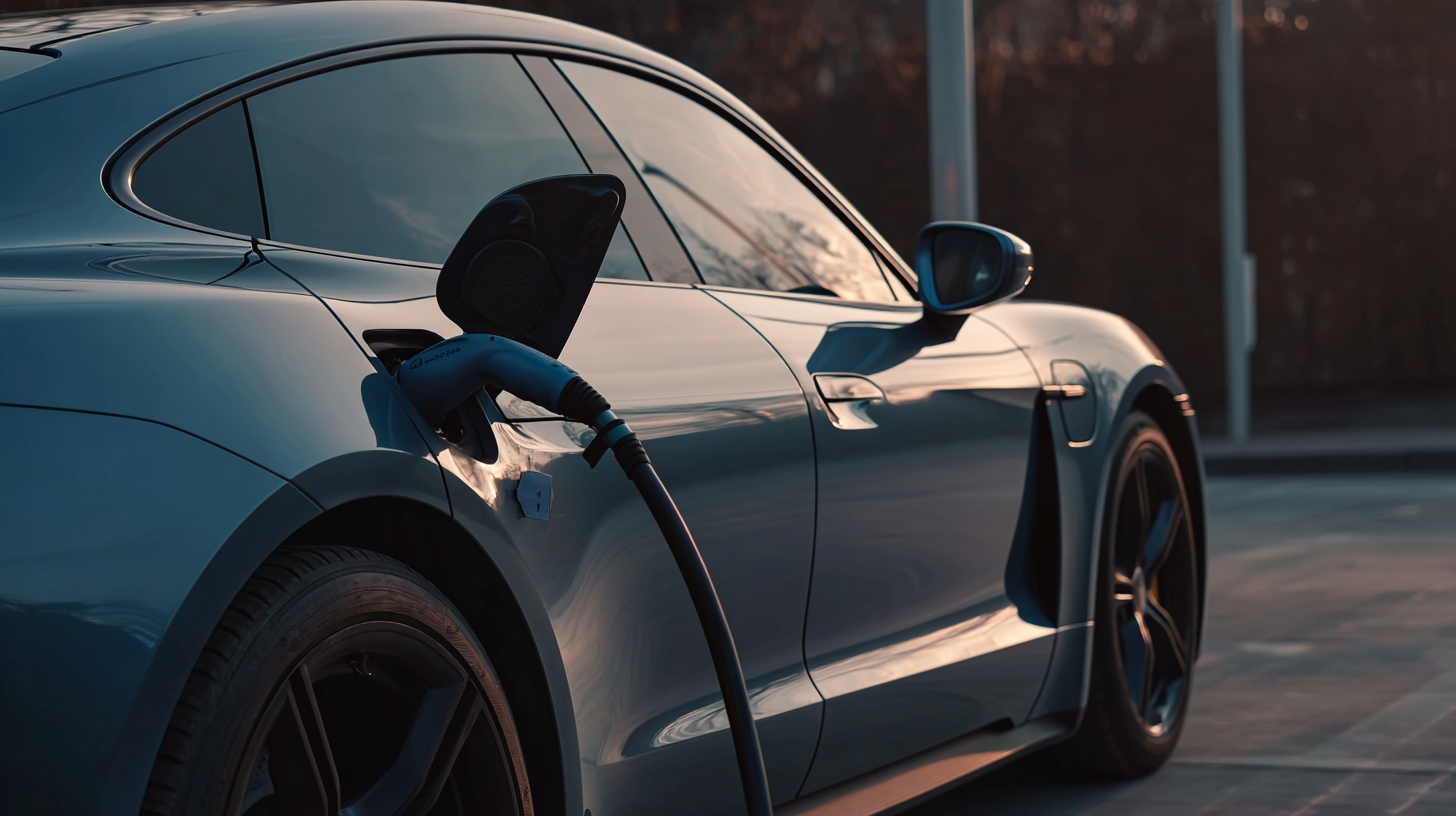
The electric vehicle (EV) market is rapidly evolving, with significant changes expected in charging infrastructure between 2025 and 2035. As the New Energy Vehicle (NEV) Charging Infrastructure Market is projected to grow from USD 3.4 billion in 2025 to USD 27.5 billion by 2035, the demand for efficient Level 2 chargers is more pressing than ever. Companies that invest in robust charging solutions today stand to benefit from the shifting landscape fueled by the increasing adoption of electric vehicles.
Tips for selecting the best Level 2 car charger for your EV include considering the charger's compatibility with your vehicle model, its charging speed, and the availability of smart features like remote monitoring. It is also essential to evaluate the installation process and whether your location can accommodate the necessary electrical requirements for optimal performance.
As industry insights reveal a growing trend towards sustainable mobility, particularly in markets like India, the integration of machine learning has the potential to enhance charging infrastructure management. By adopting data-driven strategies, stakeholders can not only improve the operational efficiency of charging stations but also promote broader consumer adoption, shaping the future of electric mobility. With over 5,100 startups working in this space, exploration of innovative solutions is crucial for businesses aiming to stay ahead in this emerging landscape.

